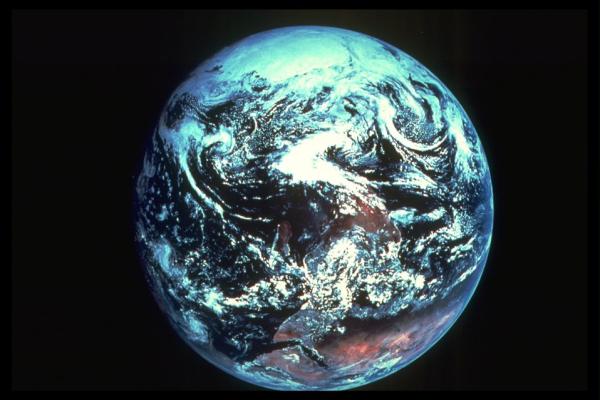The Lancet’s year-long reports on non-communicable diseases continue with a long piece on obesity, undernutrition and climate change as synergistic drivers of poor health. Before the critique, let's start with a summary.
The authors claim that obesity and undernutrition are opposite sides of the same coin: poor nutritional choice. Those choices are driven by a new umbrella organization of evil ("Big Food"), but there are additional interactions with our “car-dominated” transportation systems, energy systems, geography, and population changes. And of course, climate change interacts with them all. There isn't a single hot-button topic that they didn't try to cram into their model.
Consider these excerpts from their thoughts on Big Food:
“The development of the current food systems has substantially improved human health in the past century, but now, paradoxically, these same food systems have become a major contributor to the global epidemics of chronic diseases. Better nutrition and food security have helped increase life expectancy, but, at the same time, poor diets have become the biggest contributor to the global burden of disease.”
Why the change in outcomes?
“… consumers themselves have biological, psychological, social, and economic vulnerabilities that industry exploits through food environments that influence people’s preferences…”
Of course, it's industry's fault. How novel.
Their point, while trite, cannot be written off entirely. We face a similar paradox with the internet. Obviously, the internet has substantially improved communication while simultaneously allowing tech firms to snoop on our private data and toxify our national dialogue.
The Lancet Proposes to Ban Food Experts from Food Discussions
My unease comes less from their analysis and more in their proposed solutions. The new global proposed governance structure:
“would explicitly exclude the food industry from policy development. Such a commitment would recognise the fundamental and irreconcilable conflict that exists between some food and drinks industries’ interests and those of public health and the environment…”
That, in a word, is insane. We have gone from acknowledging the amazing achievements of "Big Food" to placing them in "irreconcilable conflict" with society? Nonsense.
Why on earth would we banish the expertise that got us this far from the discussion? What happened to diversity of opinion leading to better decision-making?
Of course, the underlying problem as envisioned by the report is that Big Food welds too much power, that there is too little transparency, and that the people have no voice. Even if that's true, banishing experts from the table solves nothing. In fact, it makes the problem worse.
Are There Solutions that Can Work?
The authors discuss the possibility of the carrot and stick of subsidies and regulations, but the results are mixed:
“Subsidies meant to incentivise certain behaviour or decisions can have unintended consequences, and there is insufficient evidence to date that subsidies directed at producers of fruits and vegetables or other healthy foods will reduce malnutrition, although targeted subsidies for consumers have been shown to improve food choices.”
Also, there is the voice of civil society to demand improvement and help nudge people towards better choices. But this is often difficult and needs philanthropic funding. I have no problem with many of those philanthropies like the Bill and Melinda Gates Foundation, the Bloomberg Philanthropies, or the David Koch Charitable Foundation & Personal Philanthropy. Of course, one person’s philanthropy is another person’s special interest.
Unwinding the Gordian Knot
I think the source of my unease may be that while we have finally recognized how complex the problem may be, we still fall back on a belief that the Gordian knot we have created can be easily untied with a wave of the regulatory and educational hands. But as we have shown over and over again, government meddling often exacerbates rather than alleviates problems. Certainly, The Lancet's proposal to ban experts is a ridiculous way to start the discussion.
Source: The Global Syndemic of Obesity, Undernutrition, and Climate Change: The Lancet Commission report. DOI: 10.1016/S0140-6736(18)32822-8




